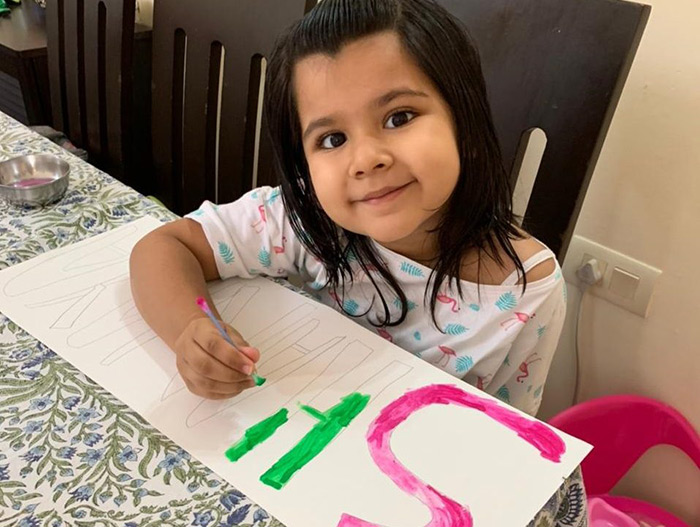- Call/Whatsapp: +91-9372801276
- Mail us: info@viverointernational.com
A recent study undertaken by Niti Aayog highlighted that students of Grade V were unable to read Grade II level text in several government schools. A clear sign that our education system needs restructuring and remodeling and the change must begin at the very start – the early years of a child’s life. National Education Policy 2020 attempts to do just that.
The National Education Policy 2020 document, highly lauded by the Indian academia, intends to change the landscape of Indian education from a ‘curriculum centered’ approach to a ‘learner centered’ approach. One fundamental change proposed by the NEP is to modify the current school education system of 10+2 (6 to 18 years) to a new pedagogical structure of 5+3+3+4 (3 to 18 years). NEP not only establishes that the foundational years of learning begin at 3 years of age, it also underscores that early education is a necessary prerequisite for school readiness. The blueprint of early years education rests on the fact that 85% of a child’s brain develops in the first six years. Research validates that appropriate stimulation of the brain in the early years through rich learning experiences is likely to impact one’s lifelong learning abilities.

The present reality, however, is that a large number of children as young as 3 to 6 years, have already spent a significant part of their foundational years, confined to their homes without any access to learning that focuses on developing their cognitive, affective and psychomotor abilities. Extended lockdown periods are likely to impact their social capabilities, as experts worry about the ramifications of extended ‘social isolation’ on young children.
Leading epidemiologists predict that the impending third wave of Covid -19 is likely to infect children predominantly. This could mean further delay in the reopening of physical schools and preschools. It is therefore critical that while safeguarding our children, a conscious effort is made to meet their social, emotional and cognitive needs. Depriving them of these critical requisites of early learning may have a long-term impact on their learning abilities.
While the fear of screen time prohibits many parents from exploring the benefits of interactive virtual learning, what is often overlooked is the quality of interaction. To- and- fro conversations and responsive interactions, work as brain fuel for young children, nurturing language acquisition and enhancing their social emotional well-being. Age-appropriate, interactive screen time through structured and well-designed curriculum is known to develop foundational literacy and numeracy.
Play-based and inquiry-based learning with opportunities to explore alphabets, languages, numbers, logical thinking, problem-solving, visual art, craft, drama, music and movement can be achieved through carefully curated virtual interactive sessions. These provide the much needed food for the developing brains of early learners.
While virtual learning may not be what most parents would have envisaged for their young children, it may be the best bet in the current times. As we await the turn of the pandemic tide, it is important to ensure that young children continue to experience the joys of learning, even though it may be through a screen temporarily
Seema Singh Puri, School Head
Vivero International Preschool & Childcare
